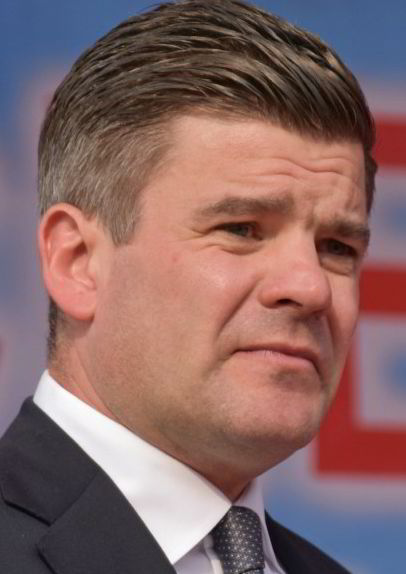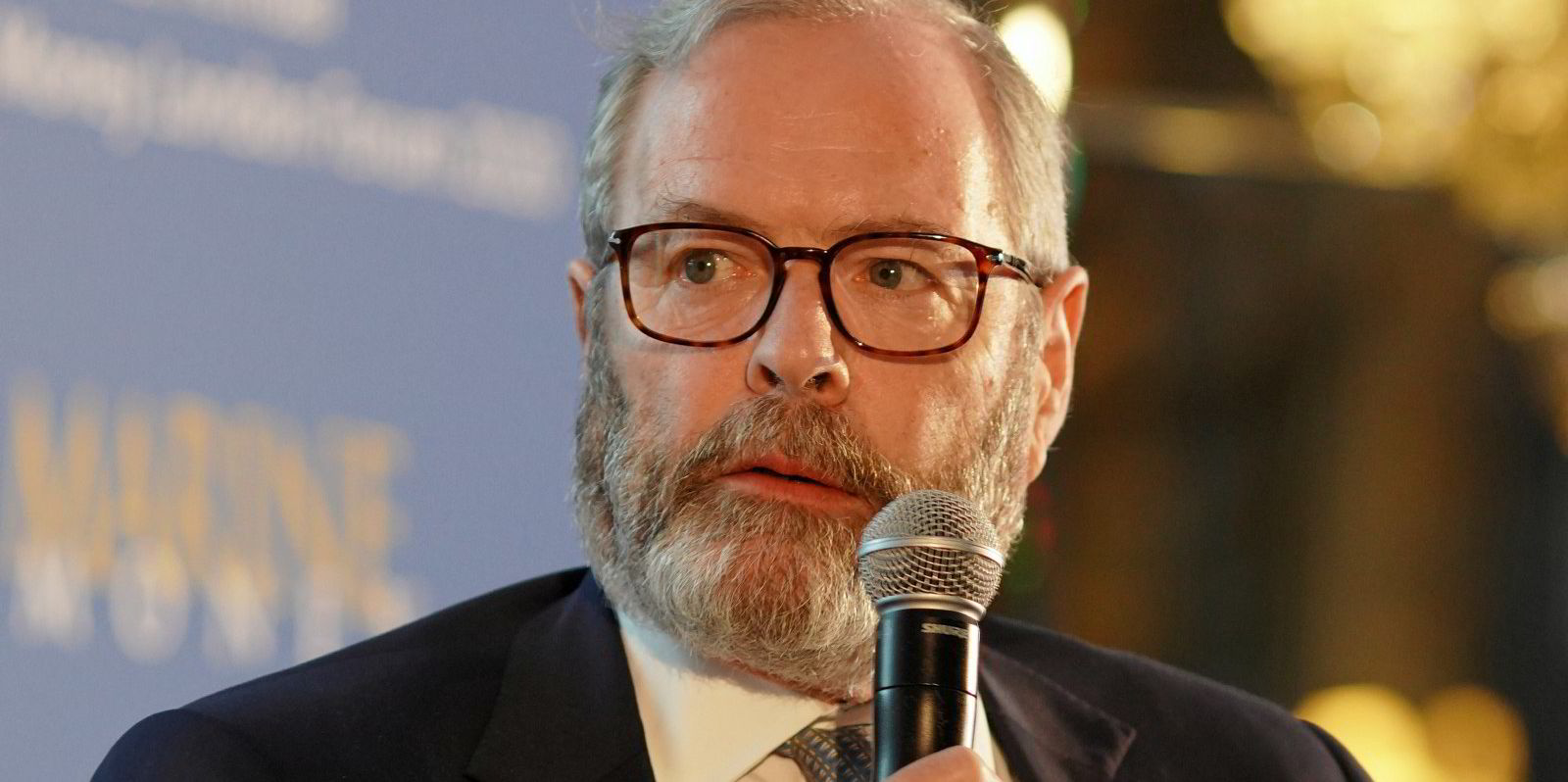Shipping's demand for decarbonisation has overtaken the 2019 Poseidon Principles, two top executives say.
Torvald Klaveness chief executive Lasse Kristoffersen and BW LPG counterpart Anders Onarheim said the standards for carbon reporting devised by ship financiers for promoting climate neutrality are no longer ambitious enough.
They were speaking to a 27 May session of Capital Link's Maritime Forum Norway.
Neither Klaveness nor BW Gas has struggled to live up to the Poseidon Principles since their financiers adopted them.
There "has not been a very big impact" on BW LPG beyond some additional reporting, according to Onarheim.
Kristoffersen added: "We have not seen a significant impact from the Poseidon Principles."
The issue is with "the ambition level of the Poseidon Principles", Kristoffersen said of the commercial and strategic implications for shipping companies and investors in green shipping, decarbonisation and technology.
The Poseidon Principles for reporting of emissions by shipping lenders and their customers were spearheaded by banking executives at Citi, DNB and Societe General. They were launched in June 2019 to align banks' portfolios to the International Maritime Organization's carbon reduction targets.

But aiming at an IMO standard is aiming too low as decarbonisation goals rise, Kristoffersen believes.
"Just within this year, companies we talk to have changed their carbon strategy. Meeting the IMO curve on carbon is no longer enough," he said.
The banking sector's representative on the Capital Link panel, DNB ocean industries vice president Marthe Lamp Sandvik, regards the Poseidon Principles as useful for quantifying DNB's shipping portfolio.
But she said there are "kinks in the [reporting] method to be worked out".
"They have given us the ability to measure our carbon footprint and that of our portfolio," Sandvik said.
Kristin Holth, former head of ocean industries at DNB and one of the original backers of the Poseidon Principles, is certain that the initiative's ambition levels will be heightened at some point.
"They have to be ahead of the curve," she said.
Holth was not on the Capital Link panel but followed along remotely.
"The Poseidon Principles are not necessarily just about the numbers reported," she told TradeWinds. "It's about showing the direction of the portfolio's emissions to banks."
She described the Poseidon Principles as "a push together with many other pushes" and said they were ahead of their time two years ago.
"Since that time, the whole ESG [environment, social and governance] element in shipping has become so much more important. We were so right in the direction we took."
Resistance
Somewhat paradoxically, the criticism that the Poseidon Principles are too timid and have been overtaken by the rapid pace of demands for decarbonisation comes amid resistance to their adoption, especially in Asia.
TradeWinds reported this week that the Development Bank of Japan had become the 27th signatory to the principles, bringing the international shipping portfolio financed under the initiative to $185bn.





